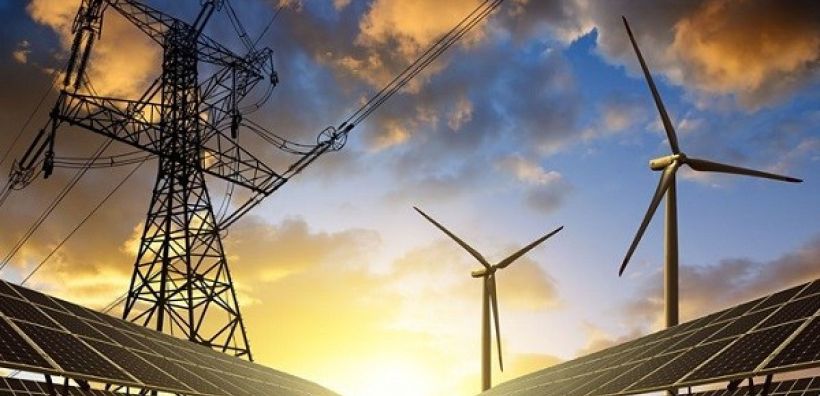The revised National Energy and Climate Plan, boosted to include more ambitious targets for 2030, anticipates investments worth 192 billion euros – primarily in transport – which promise to provide unprecedented momentum for the Greek economy.
Of this 192 billion-euro total, an amount of approximately 100 billion euros is expected to be injected into the electromobility sector, for which an NECP target figure of 460,000 electric vehicles has been set by 2030.
This leaves a further 92 billion euros, still an enormous amount, for investments in other sectors. Energy-related modernization of household equipment and appliances, as well as building energy-efficiency upgrades, are seen capturing the biggest share, with nearly 50 billion euros in investments forecast over the next seven years.
Replacement of outdated household equipment with new, more efficient systems is expected to mobilize close to 42.4 billion euros, according to the revised NECP. A further 6 billion euros in spending is expected for energy-efficiency upgrades to buildings.
The numbers are staggering and highlight a prospective boom in construction and related sectors, as long as households are ensured substantial aid and financing.
Subsidy programs supporting home energy-efficiency upgrades and electric vehicle purchases will need to be doubled, even tripled, annually, compared to previous years, as pointed out in the revised NECP, if abounding theories contending that the green transition is costly and financially harmful are to be proven wrong.
The percentage of GDP for spending on all types of energy-related products and services is seen rising from 19.4 percent in 2021 to 21.6 percent in 2030, before sliding to 17 percent.
Investments in all forms of cleaner electricity production, from solar farms to onshore and offshore wind farms, are ranked third. The revised NECP anticipates investments totaling 11.9 billion euros until 2030 in this domain.
Grid development is ranked fourth with anticipated investments of 6.5 billion euros by 2030, followed by much smaller amounts for energy-efficiency improvements in industry, natural gas and oil systems and other alternative fuel-related expenditure.





